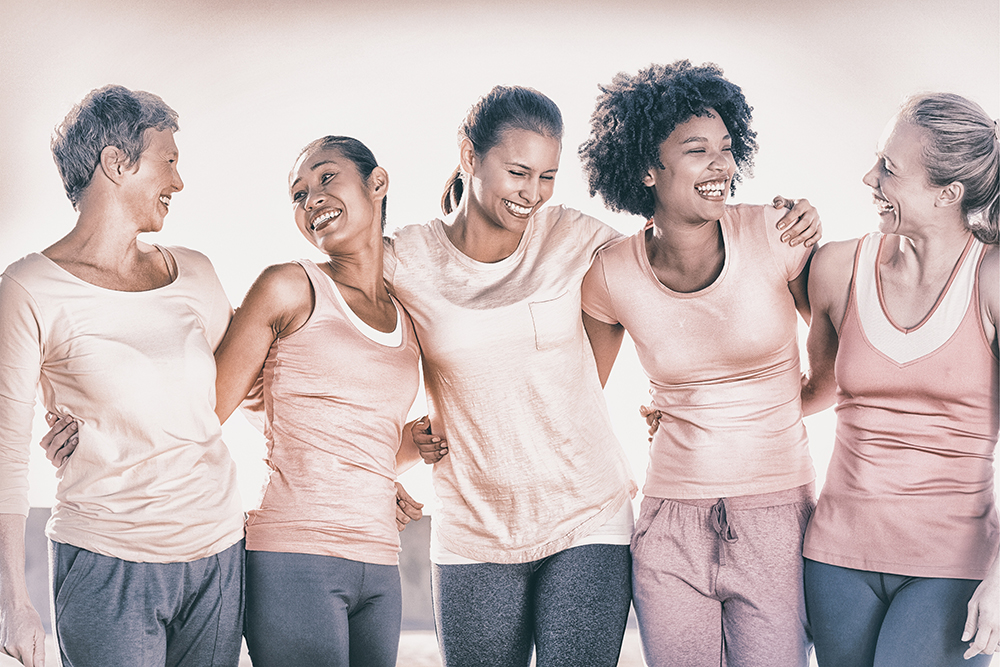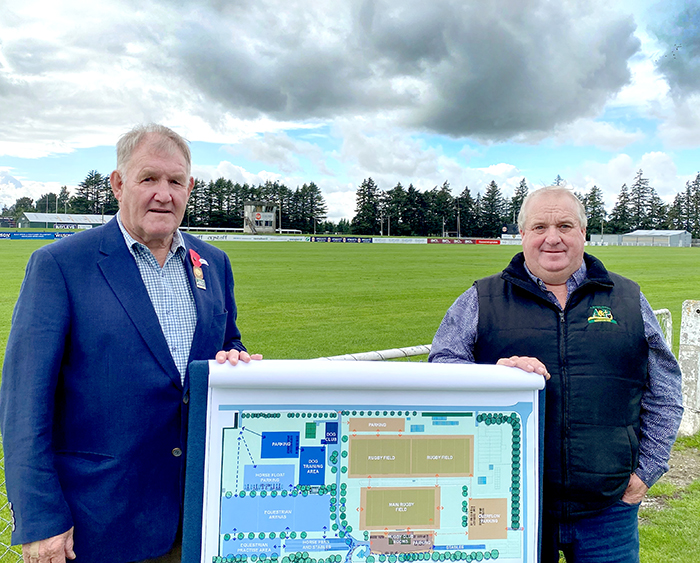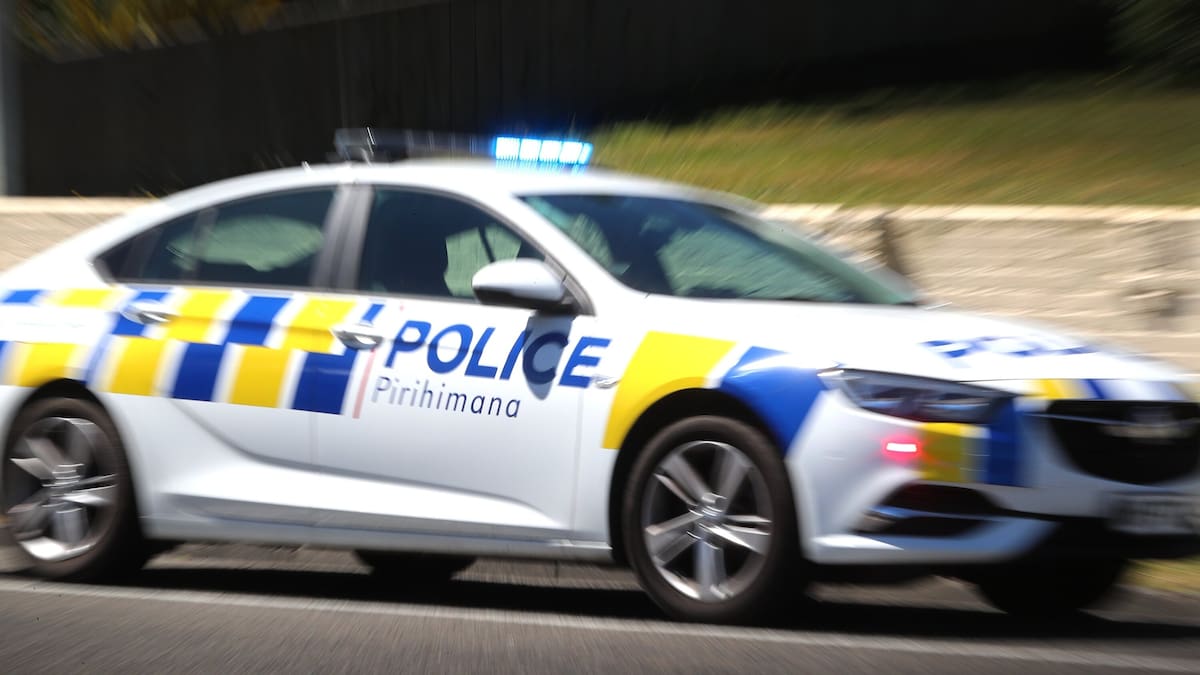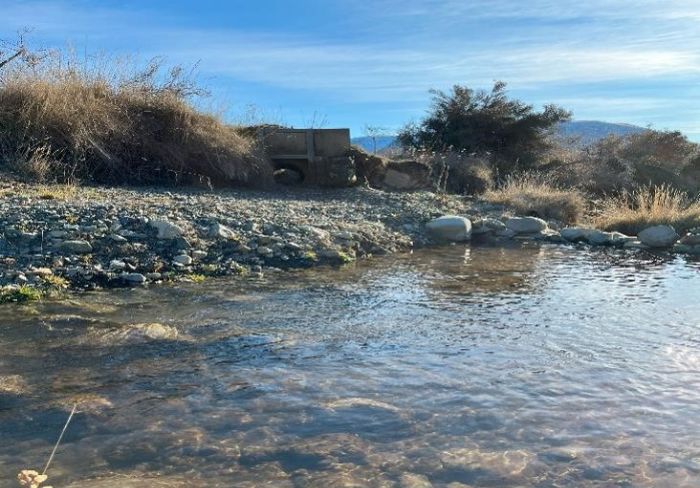To learn more about Women’s Health Week, CityNews spoke with experts across Canberra who have tips, insights and advice to help women lead healthier lives.
Women’s Health Week is a campaign of events and online activities centred on improving women’s health.
Running from September 2-6, the week is a reminder for women to set aside time for their wellbeing.
Each day of the week will focus on an important women’s health topic including menopause, pelvic health, mind health, movement and health checks.
Dr Vass offers life-changing hearing help
Getting help with hearing loss is all about improving communication and gaining clarity, says Dr Vass Hearing Clinic principal Dr William Vass.
Offering professional, independent advice and treatment, Dr Vass says taking the first step with a hearing test can be life-changing.
“We know hearing loss can be linked to anxiety, isolation, anger, relationship issues, work issues and miscommunication in general,” he says.
“After treatment or rehabilitation patients can find it a lot easier to get along with people, don’t have to guess so much and are much more confident in their communication skills, especially with their partner.”
While hearing loss can come with ageing, Dr Vass says it can also often affect young people too.
“Those exposed to loud noises in military and construction fields can experience hearing loss. Some people might be genetically exposed to hearing loss or there could be viral infections,” he says.
“It’s very important to act early. Waiting too long can start to see a disconnect between the brain and the ear.
“We find that those people who put off getting help with their hearing loss for long periods don’t have as successful outcomes as those who seek help earlier.”
Dr Vass says patients have the certainty that they’ll be seeing him when they visit the clinic and that he will provide one-on-one, tailored care and advice.
“It’s rewarding to help people not be so isolated, and help improve their communication with others, especially their loved ones,” he says.
Dr Vass Hearing Clinic, suite 14, John James Medical Centre, 175 Strickland Crescent, Deakin. Visit drvasshearing.com.au or call 6282 2717.
Supporting women with hair loss
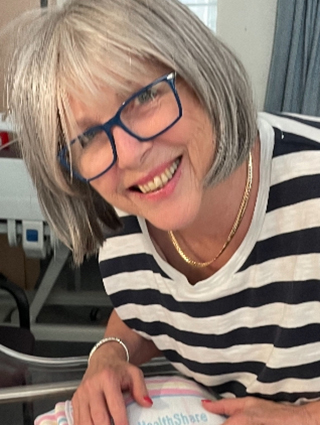
HeadsUp Kippax is a Canberra-based charity that supports women to find wigs and headwear, particularly those with hair loss from chemotherapy, permanent alopecia, surgery or radiation treatment, says founder and manager, Sue Owen OAM.
But, she says it is more than just a shop, with HeadsUp Kippax being an environment where women can come to feel truly understood, as a lot of the staff have experienced hair loss themselves.
“They walk in, and they almost can start breathing again, because they realise we understand, and we have experience,” she says.
“We’re really understanding. When they come into this environment, they can have one-on-one time with us and be here for an hour and a half, because we don’t rush them.
“There’s so much to choose from, things that they hadn’t even thought they might want, we suggest trying it on, we help them try it on while they’re sitting down and relaxed and having a cup of tea, or a cup of coffee and chocolate.
“It gives people who are going through a really difficult time, a very healthy environment to come into.”
Sue says they do customised wig fittings, which includes internal sewing and can also order stock in, to ensure customers have the exact colours and styles they prefer.
They can also help with clipping hair if someone is going through chemotherapy treatment and experiencing hair loss.
HeadsUp Kippax, 2/12-16 Hardwick Crescent, Holt. Call 6254 4403 or visit headsup.net.au
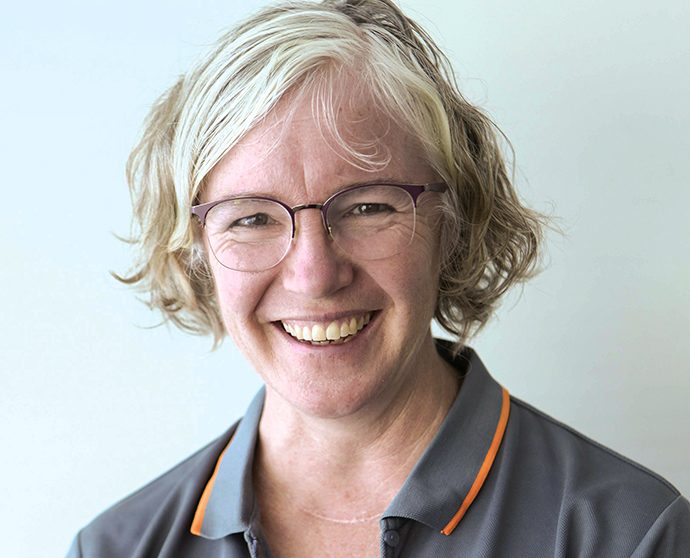
Supporting women’s health in a safe place
As women more often take on the responsibility of being carers in the community, ensuring they have support for both their physical and mental health becomes all the more important, says Arthritis ACT CEO Rebecca Davey.
In the lead up to Women’s Health Week (September 6-10), Rebecca highlights how women tend to carry the burden of being carers.
“And the scary thing is carers are more likely to end up with long-term chronic conditions than non-carers,” she says.
“We provide a full suite of pain support services that include skills from physiotherapists, dietitians, exercise physiologists and more.
“We’ve also got mental health programs like art therapy and support groups, as well as our occupational therapist who can help modify the home to assist women who are carers or those living with conditions.”
Women are also much more likely to suffer from autoimmune diseases, which affect their child-bearing and rearing years as well as their careers, Rebecca says.
She says the team at Arthritis ACT prides itself on providing a place of support for these conditions, as well as any other type of pain that women may be suffering from.
“Support is what we do and even if that support is just being a place for women to come somewhere safe to talk then we’re definitely here,” she says.
Arthritis ACT, Health Hub, Building 28, University of Canberra, Ginninderra Drive and Allawoona Street, Bruce. Call 1800 011041, or visit arthritisact.org.au
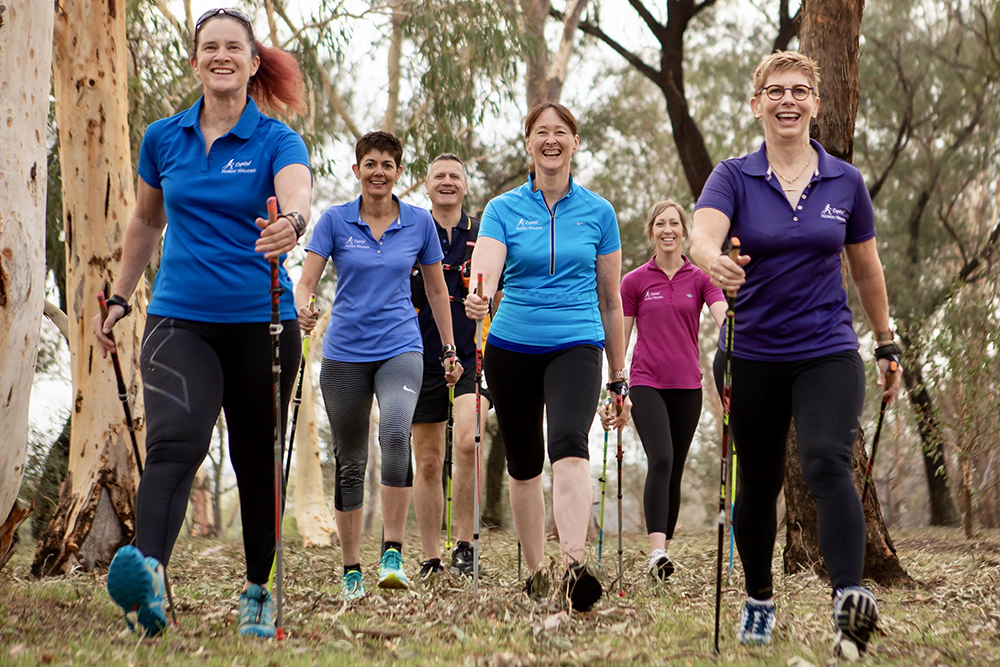
Nordic walking offers gentle, effective workout
As a female-led business, Capital Nordic Walking owner Claudia Martin says they are passionate about promoting women’s health.
Nording walking promotes the four B’s of wellbeing, she says, balance, through the two poles, big movements, through using more than 90 per cent of muscles, brain activity, from learning a new skill and boosting mental health.
“You get to join a vibrant and thriving community, and we’ve really seen people open up through learning this new fun social activity,” she says.
“We offer four different supported walks, and one of the groups, our lovely Friday group, they call themselves the Problem Solvers, it’s a group of all women, and they come, and after their walk they have lunch and they talk about how to solve problems with each other.
“We’ve had recent widowers join a lot, people who have suddenly lost such a big part of their life, and I’ve just seen heaps of people open up and become healthier both physically and mentally.”
Claudia says Nordic walking is also a great option for those with arthritis, Parkinson’s, MS or people in cancer treatment, as it is an activity you can do for a long time without feeling exhausted.
It is also a great option for carers, she says, providing an opportunity to get their own exercise or just have a social break from caring duties.
They have also been seeing an increase in attendance of mums-to-be and new mums, says Claudia, providing a supportive community when going through major bodily changes.
Capital Nordic Walking, call 0423 789614, email claudia@capitalnordicwalking.com.au or visit capitalnordicwalking.com.au
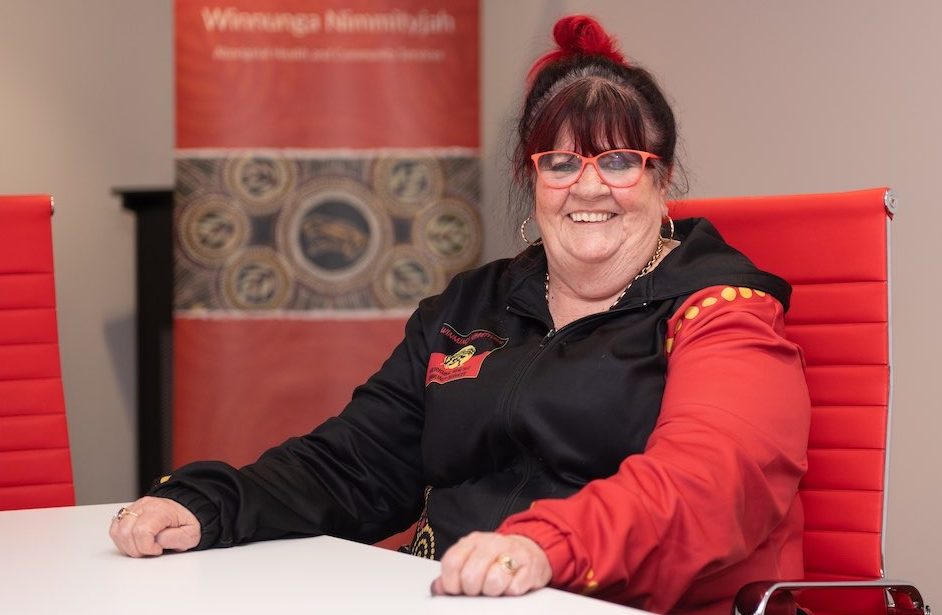
A culturally safe service for indigenous women
Winnunga Nimmityjah Aboriginal Health and Community Services is a culturally safe service that provides holistic care to indigenous women throughout Canberra and the surrounding region, says CEO Julie Tongs.
“It is well documented that Aboriginal women die eight to 10 years younger than non-Aboriginal women and carry a higher burden of chronic disease at very young ages,” says Julie.
“It is important for women who are struggling to reach out to the Winnunga social health team or a Winnunga staff member to seek assistance. They should never feel ashamed as there is assistance available.”
Poverty, racism, trauma, addiction, mental health issues, domestic violence, homelessness and incarceration are just some of the issues that Julie says are affecting indigenous women every day.
On top of providing assistance with all of those issues, she says Winnunga can help secure access to covid testing and vaccination, child protection, court and Centrelink support and assist with the filling out of paperwork.
“Winnunga provides GPs, nurses, midwives, a drug and alcohol nurse, and a mental health nurse who are also able to be accessed in the Alexander Maconochie Centre,” she says.
“We also have allied health professionals in our clinic who the GPs can do internal referrals to. They include the social health team psychiatrist, psychologists, sessional dietitians, an audiologist, optometrist, physiotherapist and a podiatrist.”
Winnunga Nimmityjah Aboriginal Health and Community Services, 63 Boolimba Crescent, Narrabundah. Call 6284 6222 or visit winnunga.org.au
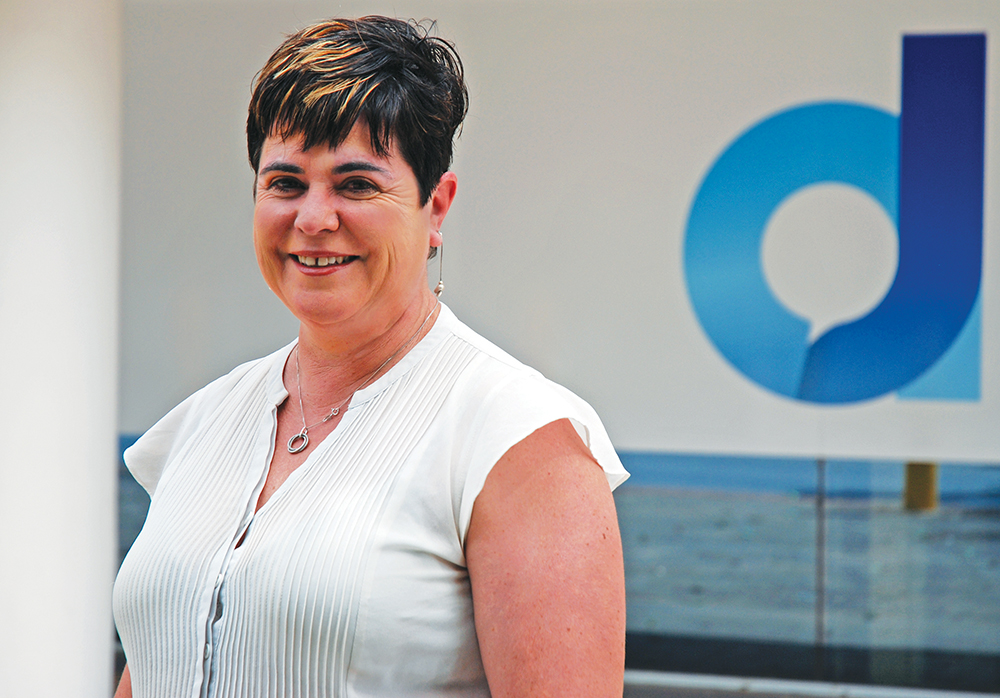
The importance of getting screened for diabetes
Diabetes Australia general manager, NSW & ACT health service operations, Natalie Smith, says that about one in seven pregnant women will develop gestational diabetes, which is a type of diabetes that occurs during pregnancy.
“Unfortunately, some pregnancy hormones reduce how well insulin works,” she says.
“So it’s important that women understand that gestational diabetes can happen to anyone, it really isn’t your fault.
“It is usually diagnosed around 24 to 28 weeks of pregnancy, but can happen earlier.
“For most women, diabetes will go away after your baby is born.”
Natalie says there has been a consistently higher incidence in the ACT region, and it’s currently 40 per cent higher than the rest of Australia.
“We think that’s because we have a large multicultural community here and more older mums, and these people can be at higher risk for gestational diabetes,” she says.
“Your GP and maternity care team should always be your primary source of information.
“However, we know that a diagnosis will raise a lot of questions about what it means for you and your baby. Visit the Diabetes Australia website for further information.”
Diabetes Australia. Call 1800 177055, or visit diabetesaustralia.com.au
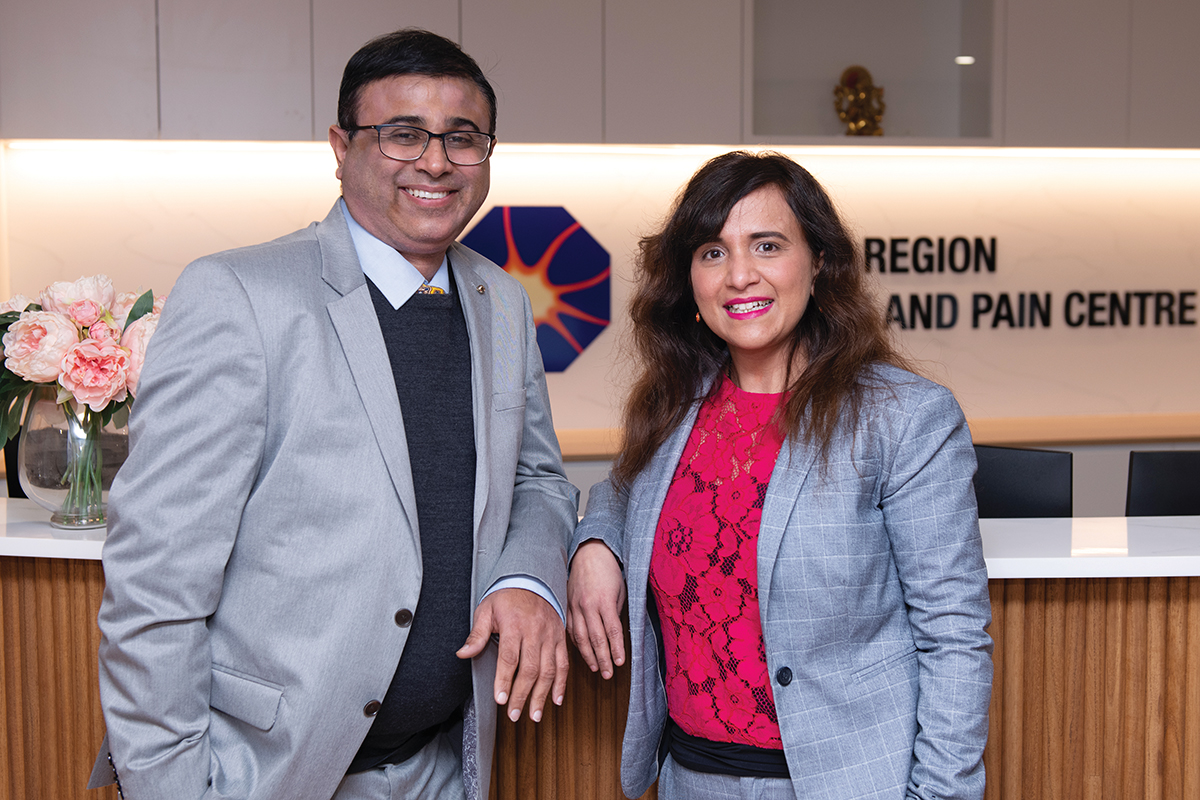
Specialists in managing pain
Dr Roopa Gawarikar is a pain specialist and radiation oncologist at the Canberra Region Neurology and Pain Centre where, she says, they provide multimodal, evidence-based and patient-centred treatment for all neurological and pain conditions.
Dr Yash Gawarikar manages various neurological conditions such as migraines, dizziness, Parkinson’s, dementia, multiple sclerosis and peripheral neuropathy, while Roopa says she manages various pain conditions such as pelvic pain, joint pain, back pain, post-surgical pain, fibromyalgia, headaches, nerve pain and cancer pain.
“I specialise in helping women with chronic pelvic pain, which is a very disabling condition,” she says.
“It significantly impacts the lives of so many women.
“I aim to manage their pain, and help improve their daily function, sleep and mood.”
Roopa says she has seen women with pelvic pain across different age groups and different phases of life, and each patient is treated to their specific conditions and circumstances.
“Each patient is very different and we manage pain using multimodal treatment, which can include options such as pharmacotherapy, ketamine infusion, injections, pelvic physiotherapy and some patients also benefit from seeing our pain psychologist Dr Kirkwood,” she says.
“We are passionate and empathetic towards helping patients improve their quality of life.”
Canberra Region Neurology and Pain Centre, Units 2,3 and 4 Corinna Chambers, Ground Floor, 36-38 Corinna Street, Phillip and Mary Potter Circuit, Bruce. Call 6253 0066 or visit crneurologyandpain.com.au

Fix money relationship, and help mental health
Money and emotional, physical and mental health are interlinked, says money coach Natasha Janssens, who started the financial education platform Women With Cents in 2016.
Numerous studies have found that women tend to feel more stressed about finances than men, says Natasha.
“We also know that due to a range of systemic issues, women are more likely to experience poverty after separation than men,” she says.
“Women also tend to lack confidence about their ability to manage money well, regardless of their actual knowledge and ability, we have a tendency to second guess ourselves.”
Natasha offers corporate and community workshops, and one-on-one behavioural money coaching.
“My work is at the intersection between coaching and therapy,” she says.
“I support women and couples to understand what their emotional triggers and coping mechanisms are with respect to money so they can develop more effective tools to manage their finances with intention, rather than being reactive to what life throws their way.”
Natasha says her passion for behavioural money coaching is deeply rooted in her experiences growing up in war zones.
“From a young age, I intimately understood how critical money is in shaping our safety, security, and future,” she says.
“Coming to Australia, and getting the chance to live my dream life feels like a gift, and I’m driven to use that gift to make a meaningful impact.”
Women With Cents. Visit womenwithcents.com.au
Who can be trusted?
In a world of spin and confusion, there’s never been a more important time to support independent journalism in Canberra.
If you trust our work online and want to enforce the power of independent voices, I invite you to make a small contribution.
Every dollar of support is invested back into our journalism to help keep citynews.com.au strong and free.
Thank you,
Ian Meikle, editor

